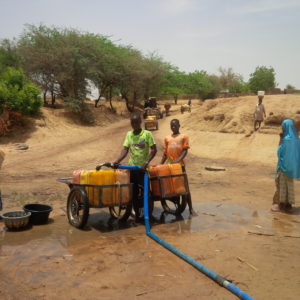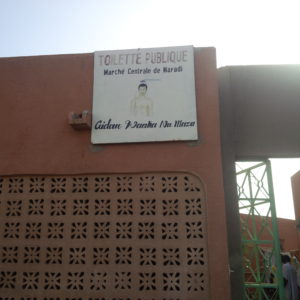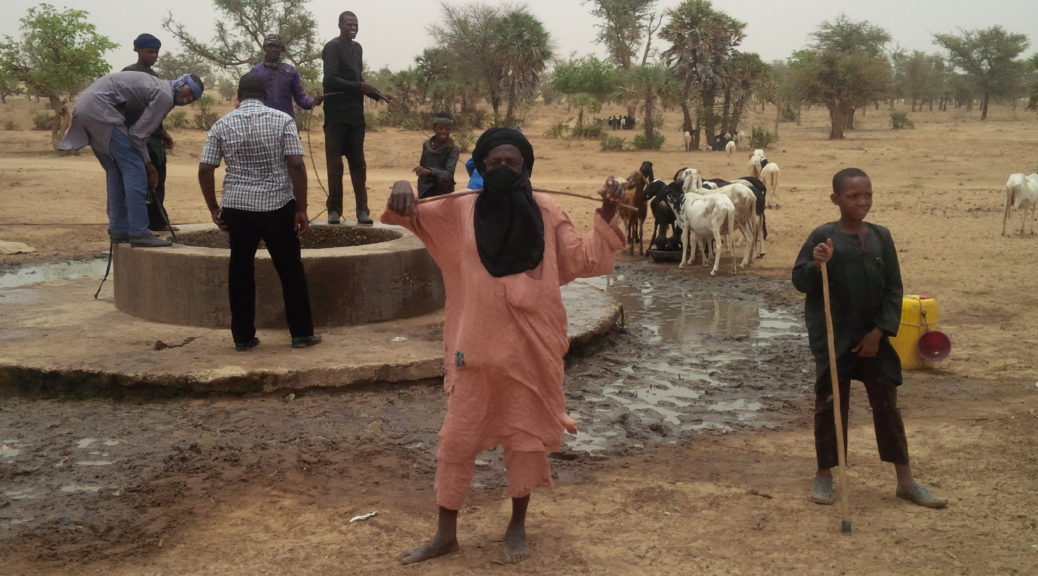Advice on intervention strategies: Study of the needs and development opportunities of Water, Hygiene and Sanitation activities in Niger, Médecins Sans Frontières, April June 2017
Niger is a country undergoing many humanitarian crises. Caught between climatic hazards and political problems, the population suffers chronic nutrition crisis, recurrent flooding, significant displacement due to conflict in the north and south and frequent outbreaks of measles, meningitis and cholera. Niger is also at the center of the South North migration routes with all the humanitarian problems and the security tensions it may cause. The weight of these crises undermines the development of access to water and sanitation for all despite a proven willingness of its institutions.
 Médecins Sans Frontières’ operational center in Paris, already present in the country and aware of the issues, wanted to develop the WASH component of its activities in the country. More broadly, the unit in charge of the West African zone wants to add to its medical programs an operational tool making them more efficient by orienting its actions outside the medical structures through strong actions linked to the water, hygiene and sanitation.
Médecins Sans Frontières’ operational center in Paris, already present in the country and aware of the issues, wanted to develop the WASH component of its activities in the country. More broadly, the unit in charge of the West African zone wants to add to its medical programs an operational tool making them more efficient by orienting its actions outside the medical structures through strong actions linked to the water, hygiene and sanitation.
 After an analysis of the internal documentation we conducted a series of interviews with local actors and visited MSF projects in order to define the priority needs in the country and to match them with operational priorities focused on rapid medical impact. We have therefore made the link between WASH actions and the various epidemic burdens to propose programs for access to water and improvement of community sanitation. We proposed a first budget for these actions, a system of monitoring of the operational results and proposed a schedule of realization.
After an analysis of the internal documentation we conducted a series of interviews with local actors and visited MSF projects in order to define the priority needs in the country and to match them with operational priorities focused on rapid medical impact. We have therefore made the link between WASH actions and the various epidemic burdens to propose programs for access to water and improvement of community sanitation. We proposed a first budget for these actions, a system of monitoring of the operational results and proposed a schedule of realization.
